Although Japanese might seem like an intimidating language, learning the phonetic pronunciation of these keywords and phrases is easier than you might think. I never visit a single country without learning at least a little bit of the language. If I have enough time before my trip, I will do my best to learn everything from essential words and phrases to little conversation starters. I found that this small amount of effort results in a HUGE amount of appreciation from the locals. And it can really help you with your adventures.
Phrases like “please” and “thank you” are simple courtesies that go a long way. And being able to ask how much something costs in the native language is also a great asset if you love to shop in not-so-touristy locations. Download my basic word and phrase PDF to print off or keep on your phone if you need to reference it during your travels!
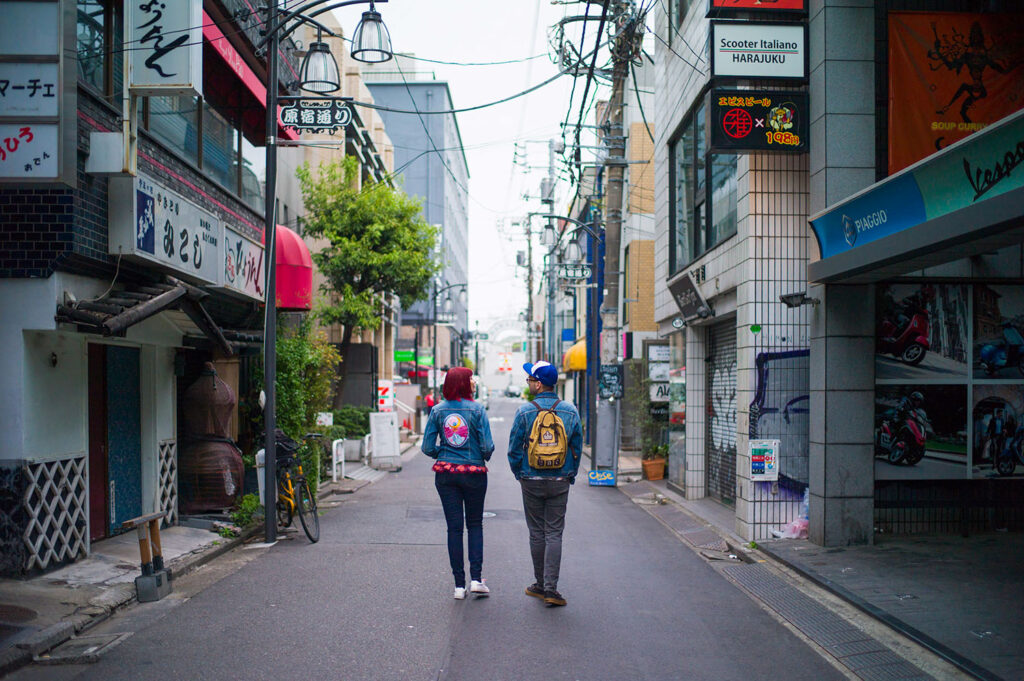
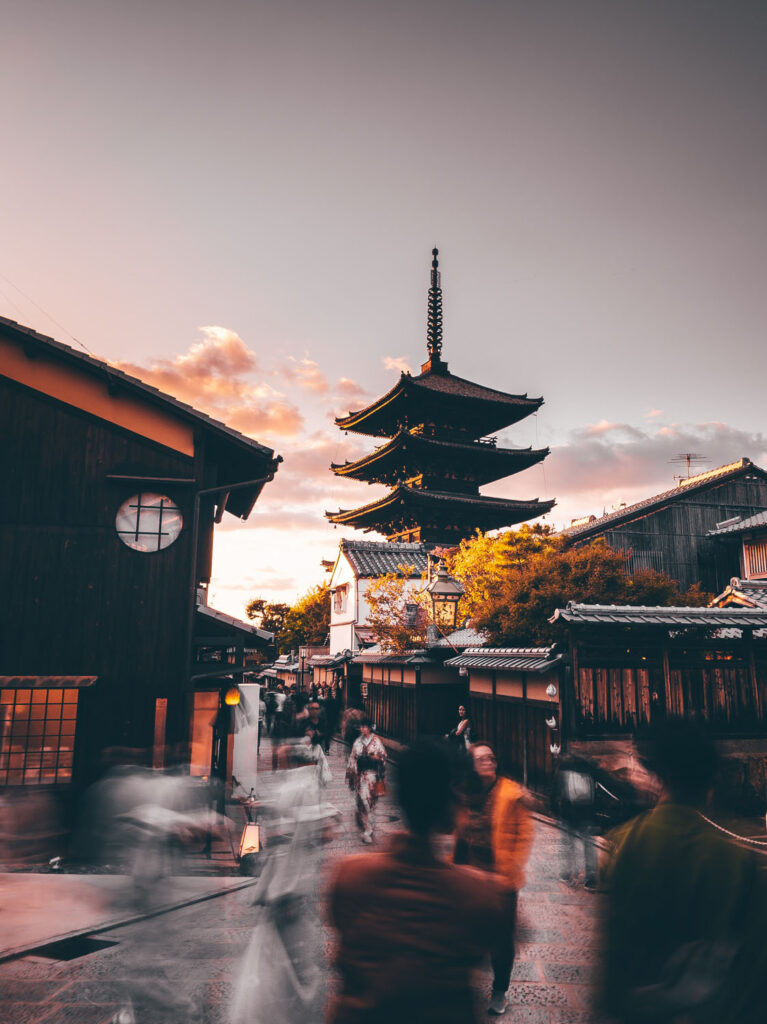
Greetings
Ohayou = Good morning
Konnichiwa = Hello/Good afternoon
Konbanwa = Good evening
Oyasum = Good Night
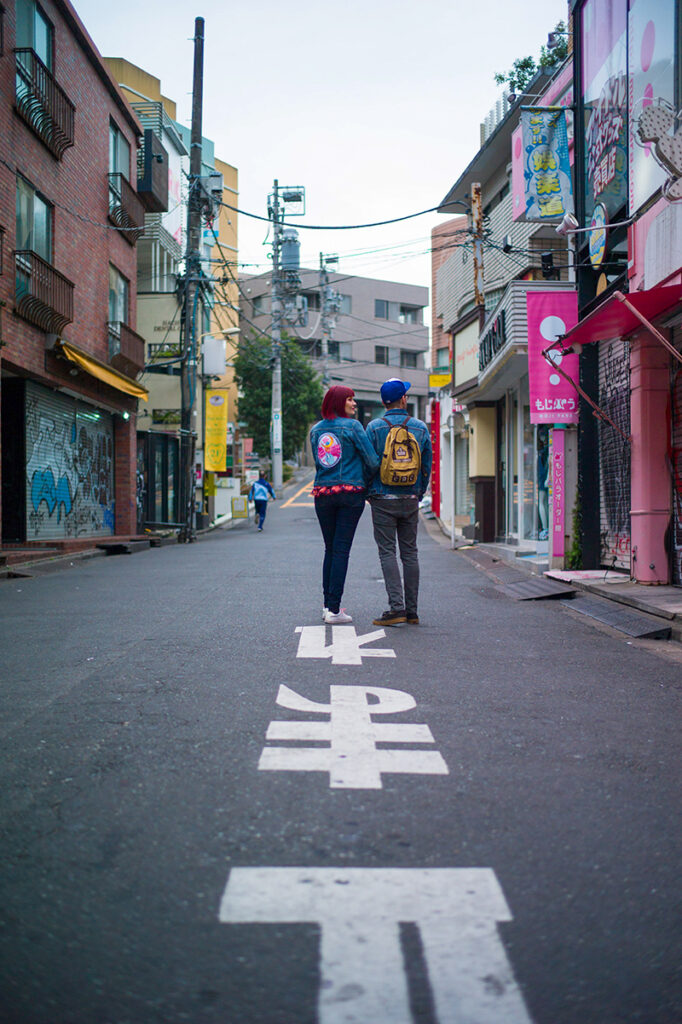
Courtesies
Kudasai = Please
Gomen nasai = I’m sorry
Suimasen = Pardon/Excuse me
Arigatou gozaimasu = Thank you
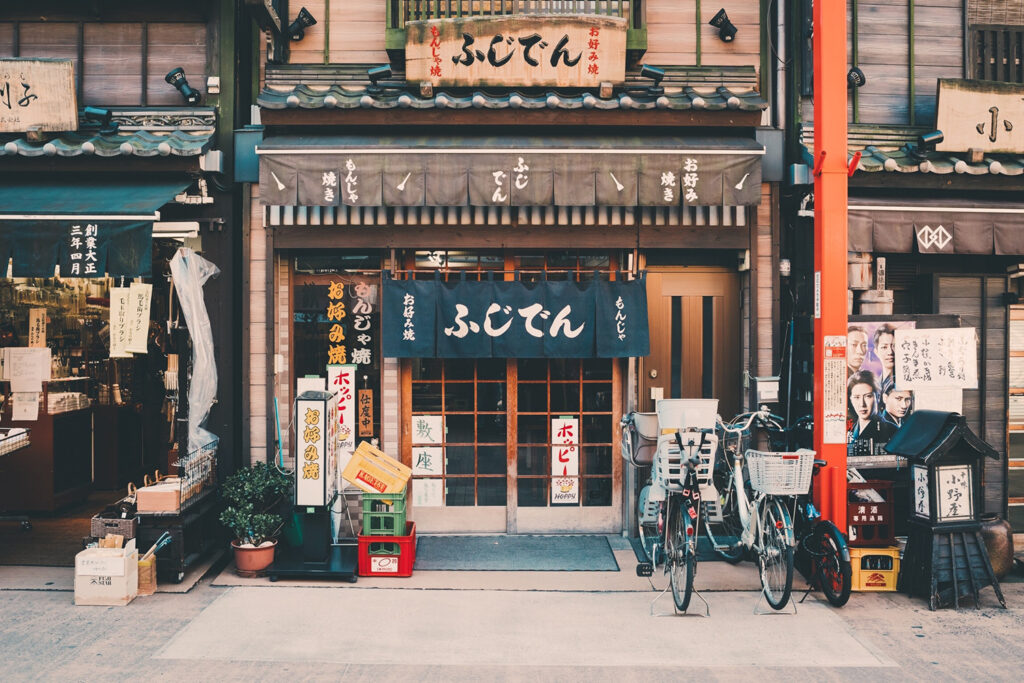
Questions
Genki desu ka? = How are you?
Eigo o hanasemasu ka = Do you speak English?
O-namae wa nan desu ka = What is your name?
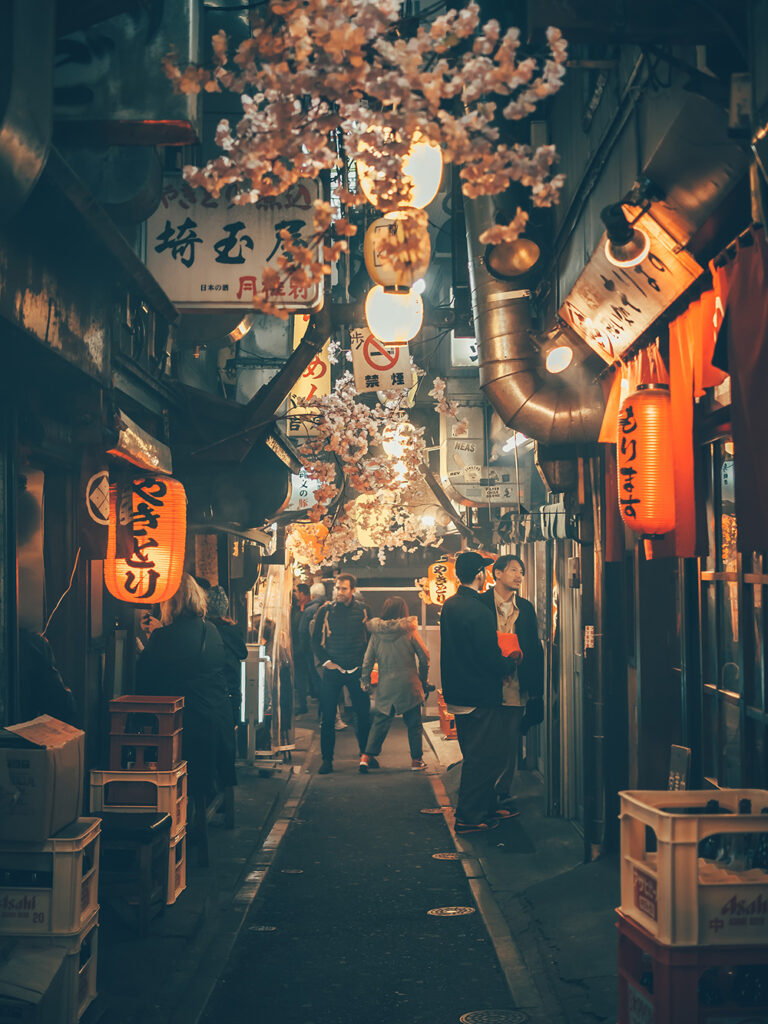
Responses
Hai – Yes
Iie – No
Genki desu = I’m fine. Thank you.
Oaidekite ureshī desu = I am very glad to meet you.
Wakarimasen = I don’t understand.
Douitashimashite = You’re welcome

Dining & Eating
Kanpai = Cheers
Itadakimasu = Let’s eat!
Gochisousama deshita = That was delicious
O-susume no menu wa dore desu ka? = What menu item do you recommend?
Kore wa nan desu ka? = What is this?
Kore o onegaishimasu = I’d like (to order) this, please
Mizu o onegaishimasu = Water, please (or to refill water)
Toire wa doko desu ka? = Where is the bathroom?
O-kaikei o onegaishimasu = Check please
Mochikaeri = Take-out
Tennai = Eat-in
Futari desu = For two (when asking for a table)
Yōyaku = (Reservation)
Kinen seki onegaishimasu = A non-smoking table, please.
Eigo no menyu arimasuka? = Do you have an English menu?
Kore kudasai = This one please (when pointing to an item)
(insert food item here) arerugii ga arimasu = I am allergic to (insert food item here)
Toire (otearai) wa doko desu ka? = Where is the toilet?
Ikuradesuka = How much is this?Okaikei kudasai = Bill please
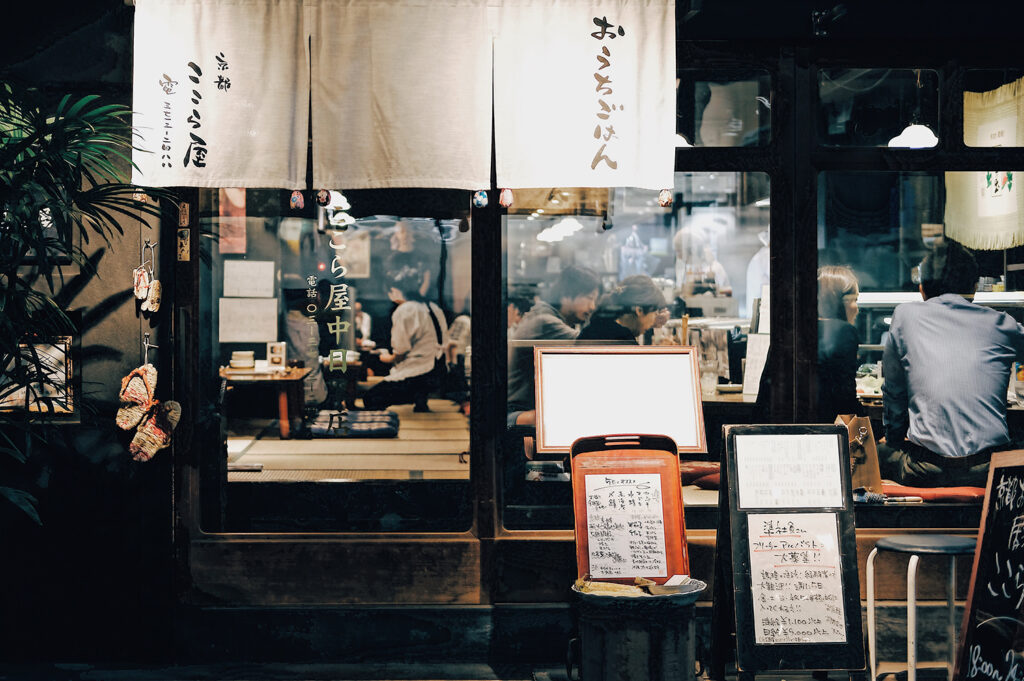
Transportation
takushii = Taxi
densha = Train
eki = Train station
Basu = Bus
Kuukoo = Airport
Eki wa dochira desu ka? = Where is the train station?
Kippu uriba wa doko desu ka? = Where can I buy tickets?
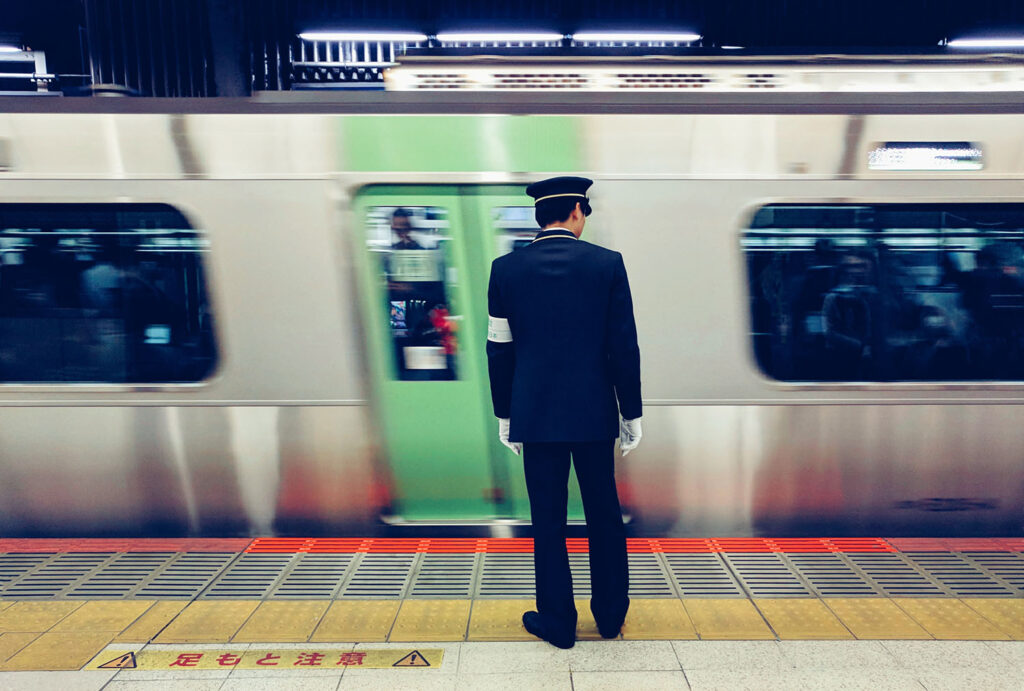
Hotel
Hoteru wa doko desu ka? = Where is the hotel
o onegai-shimasu = Check-in (Check-out)
Chizu wa arimasu ka? = Do you have a map?
Nimotsu o koko ni oite ittemo ii desu ka = Asking to store luggage
Yoyaku o shitai desu = Can I have a room for 1 night?
WI-FI ga arimasu ka = Do you have wifi?
Chekku outo wa nanji desu ka = What time is check-out?
Asagohan / bangohan wa nanji desu ka = What time is (breakfast / dinner)?
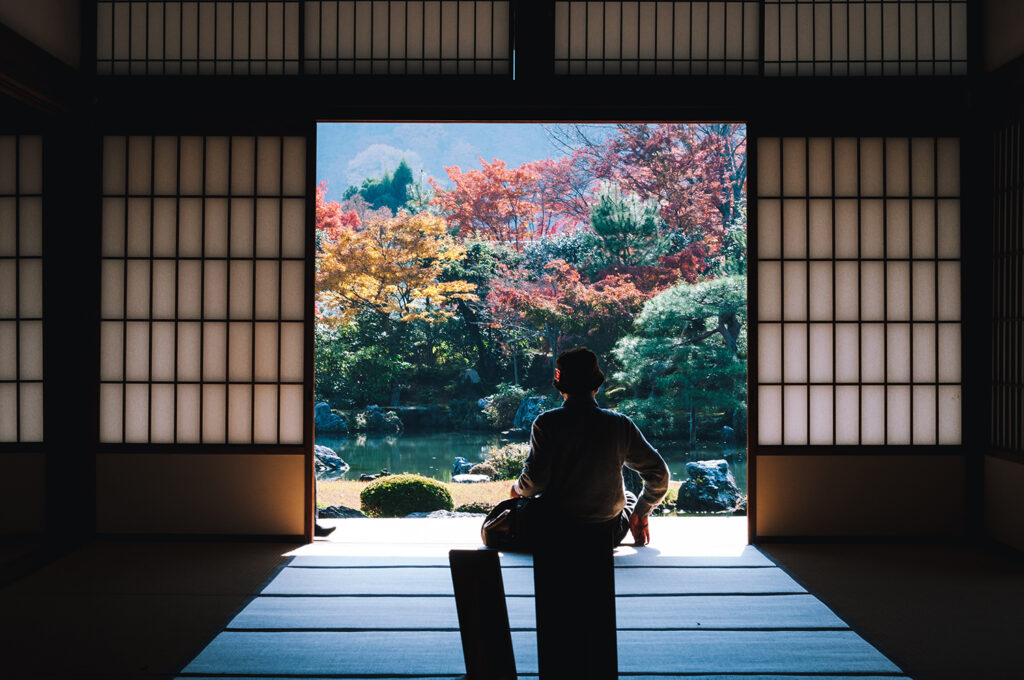
Emergency
Tasukete! = Help me!
Kyuu kyuusha o yonde kudasai! = Please call an ambulance!
Kega o shimashita = I’m injured”
Keisatsu o yonde kudasai = Please call the police
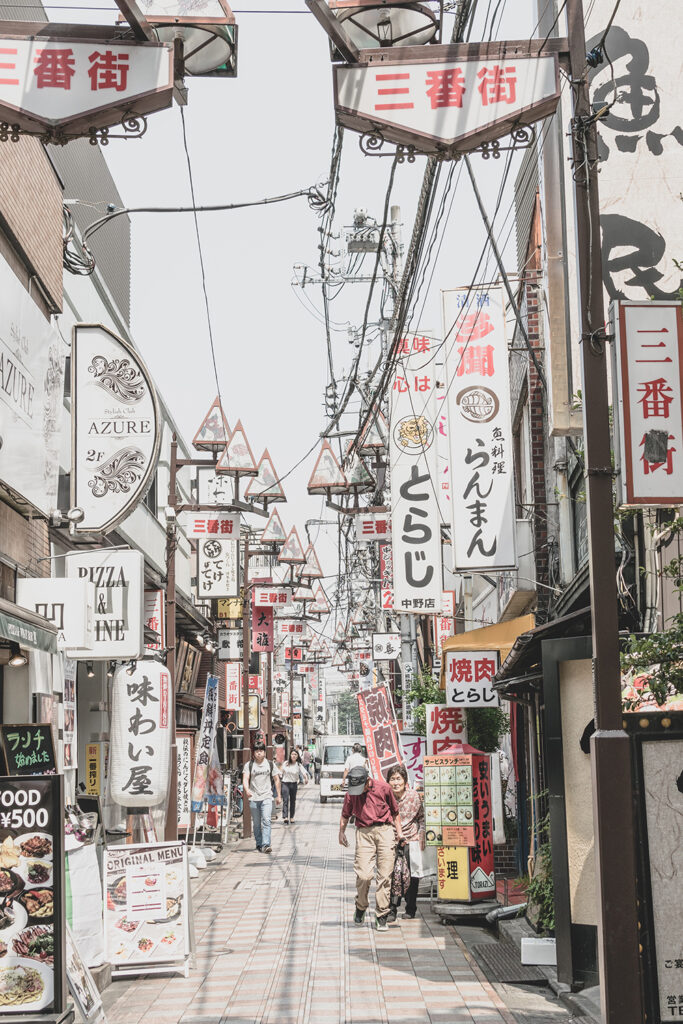
Shopping
Kore o kudasai = I’ll take this
Ikura desu ka? = How much is it/this?
Shichaku demimasuka? = Can I try it on?
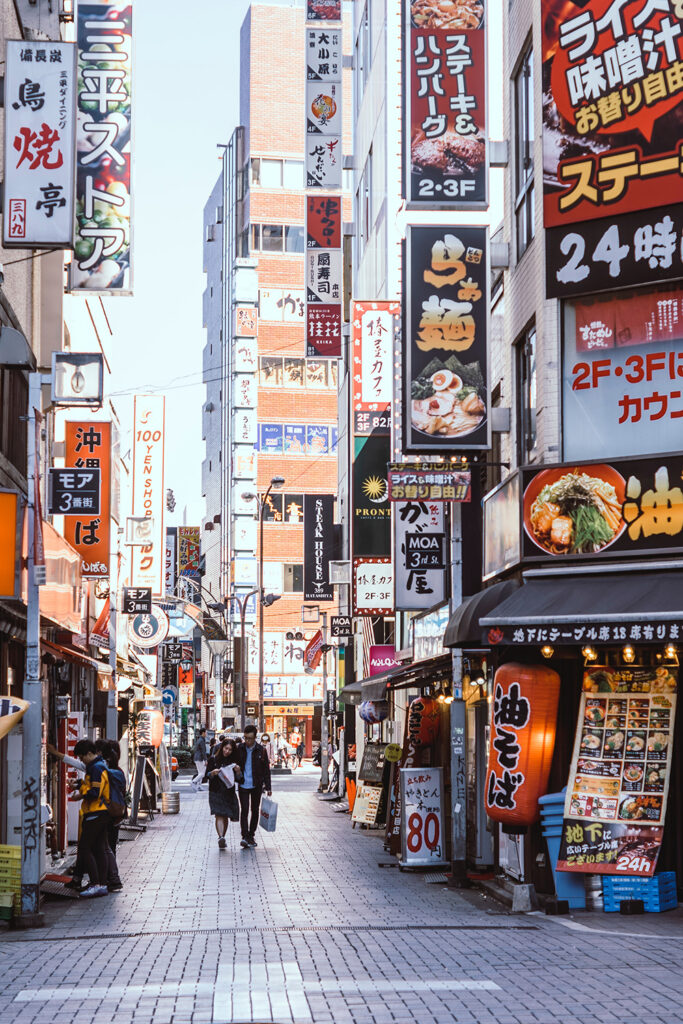
Numbers
ichi = one
ni = two
san = three
yon = four
go = five
roku = six
nana = seven
hachi = eight
kyuu = nine
juu = ten
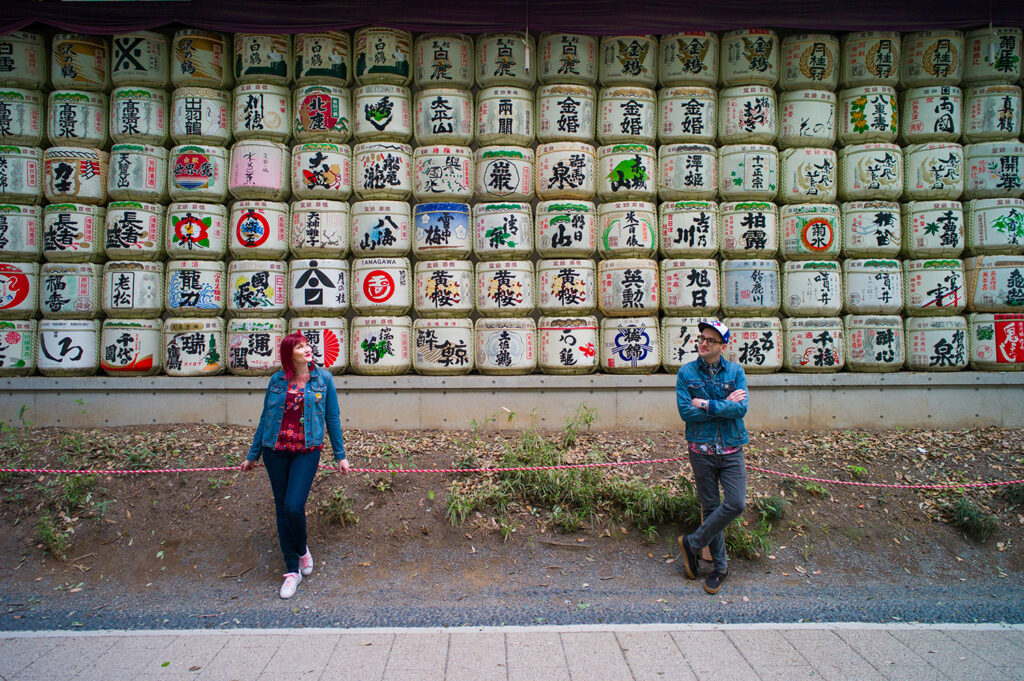
I hope that this little reference PDF helps you learn a few Japanese phrases to use on your next trip. If you are interested in learning even more, then apps like Duolingo are amazing to delve further into the language! Let me know in the comments what other essential words or phrases you might want to learn or what your favourite experience was when speaking a native language while travelling.
Happy Travels, Adventurers!
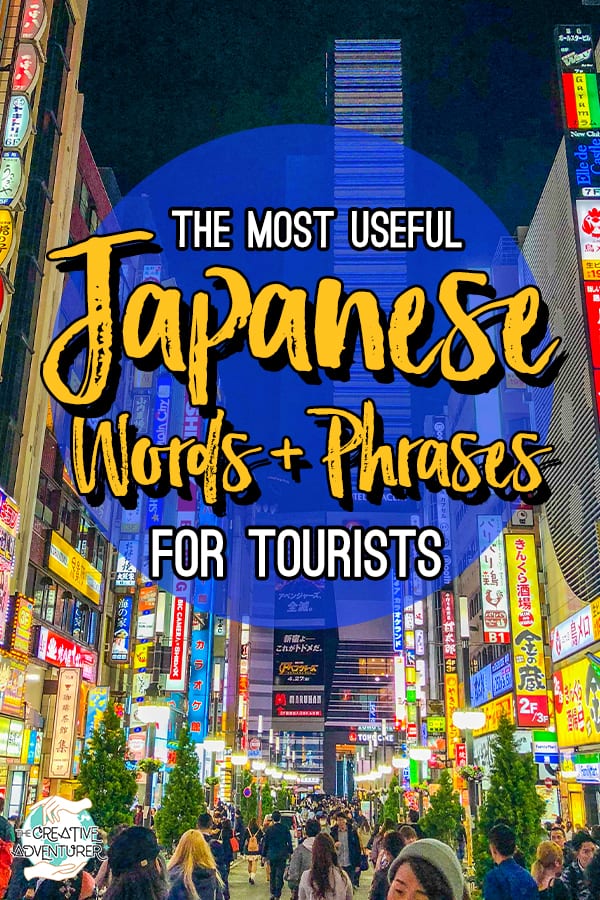
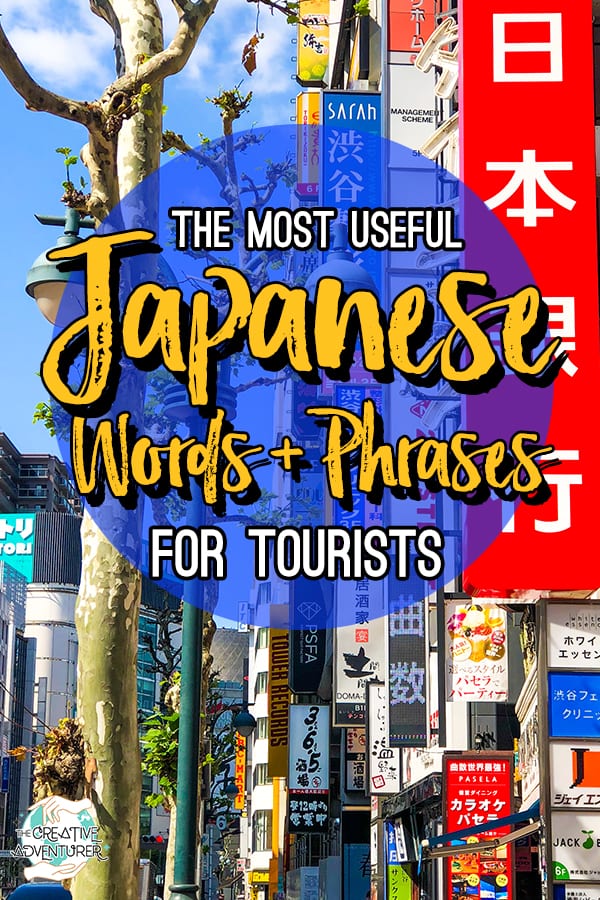
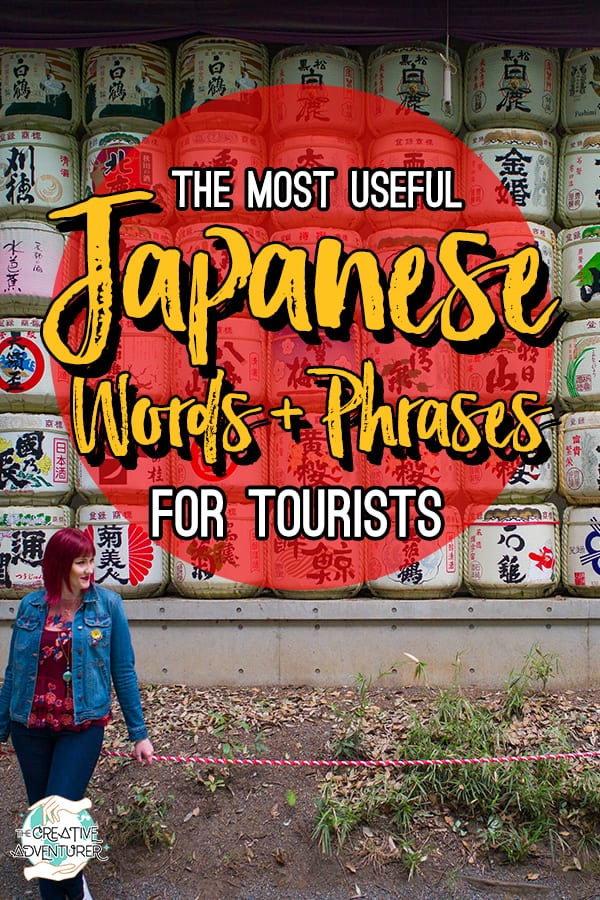
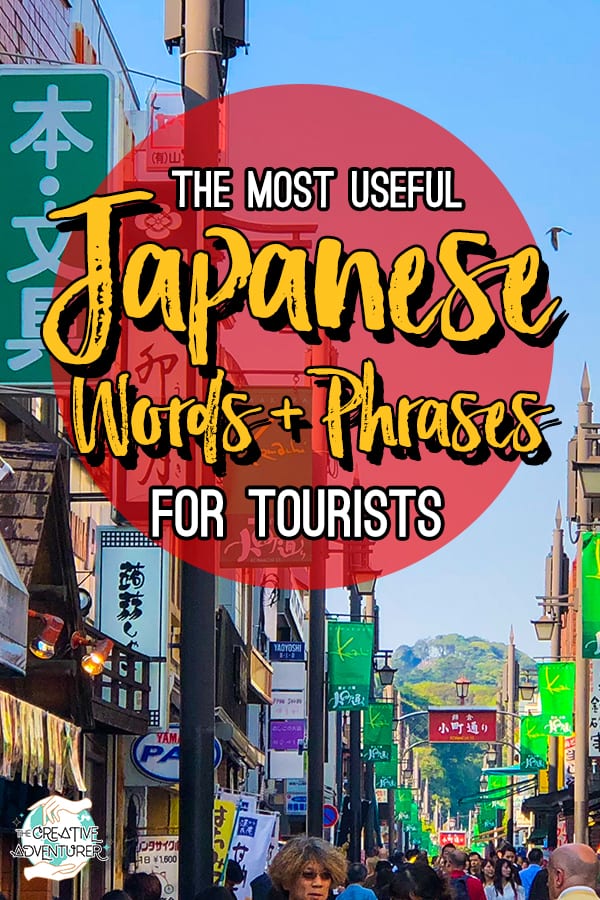
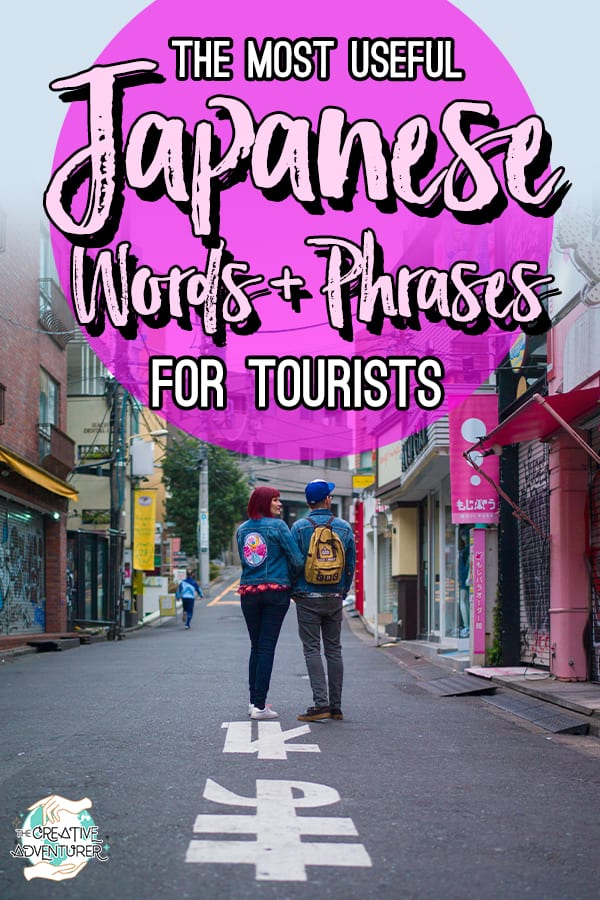
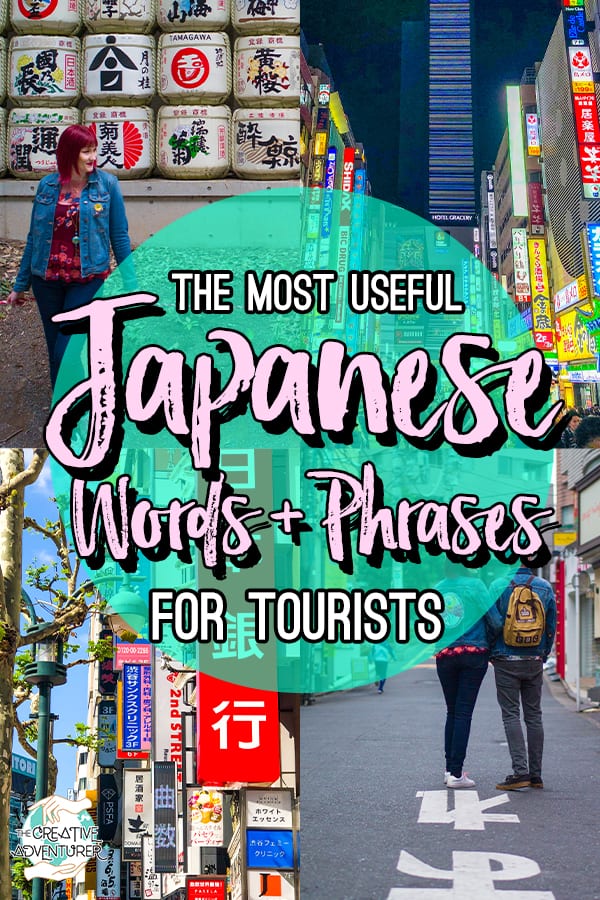



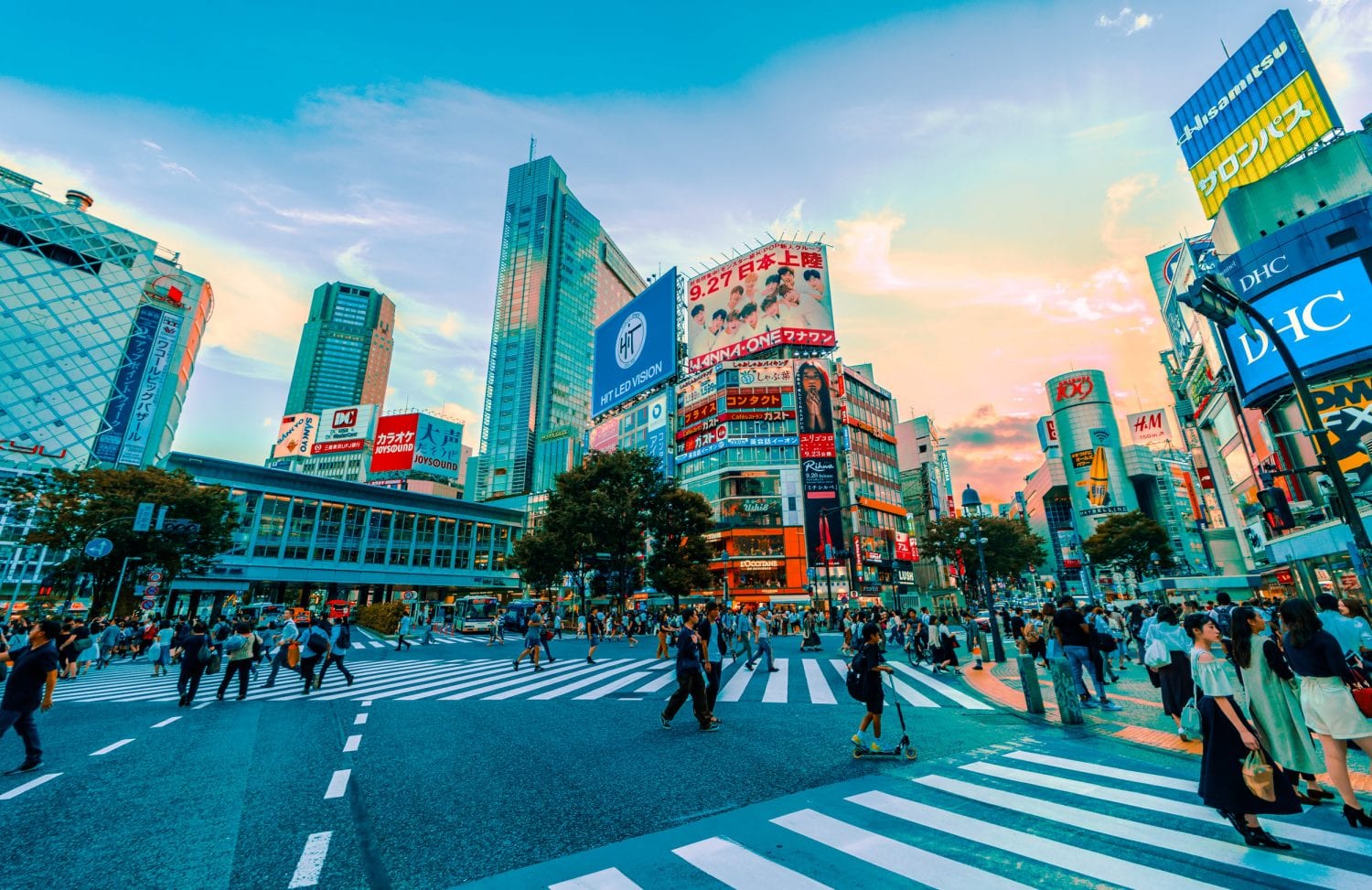
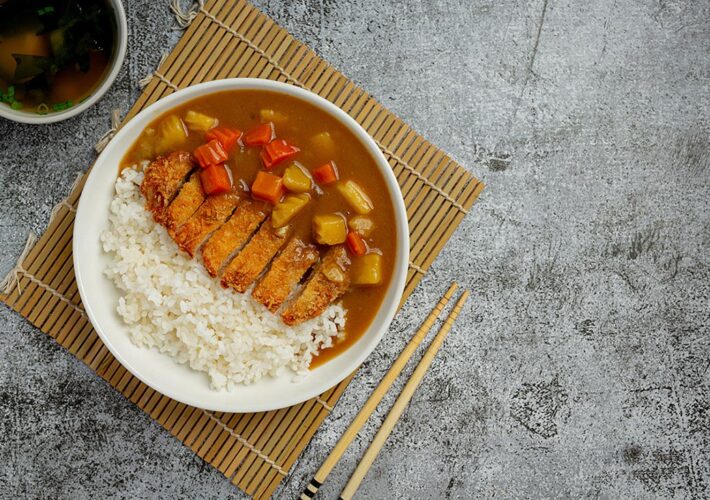

Leave a Comment